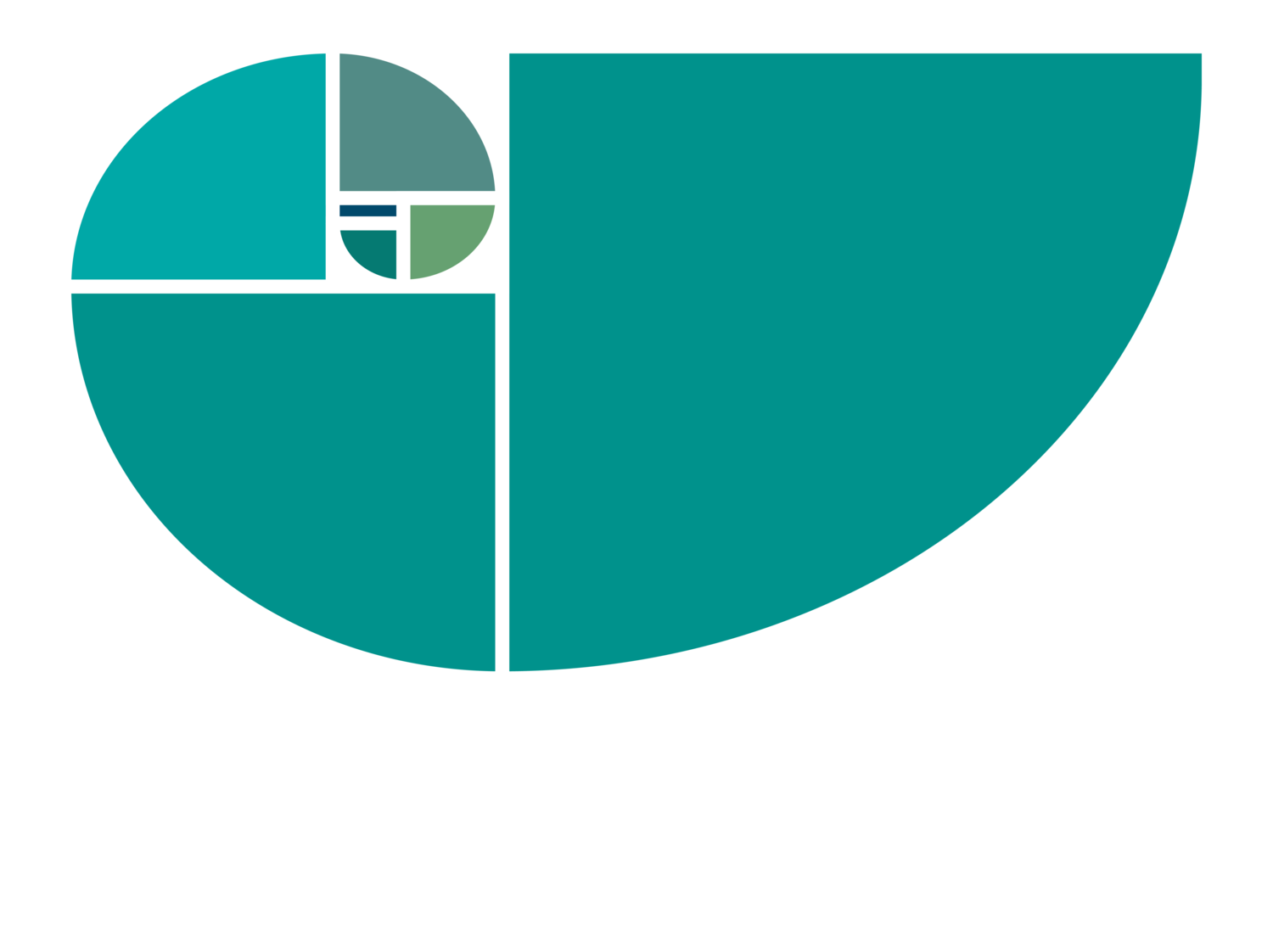A simple tale recently reminded me to be mindful of how I influence others through my thoughts and behaviors:
A young woman walked the dusty street to the herbalist’s home. In the early morning light with the sun illuminating only the tops of the trees, she felt safe from prying eyes. At the doorway she hesitated, then stepped into the dim room.
She greeted the herbalist and blurted, “My mother-in-law criticizes me day and night and makes me do the hardest work on the farm. Can you help me kill her without anyone knowing that it was me?”
The herbalist looked surprised, asked a few questions and then agreed to make a potion. She instructed, “Put a spoonful in her morning drink every day for a year. She will slowly weaken and die but you must be very careful to treat her with respect and kindness so that no one suspects you, or me.”
The young woman left tucking the bag of dried herbs under her skirt. When the seasons had turned two times from spring to winter, the young woman returned to the herbalist. “I want my mother-in-law to live! She changed into a warm loving person. What can I give her to neutralize the other herbs?”
The herbalist smiled, “Do not worry, she will recover on her own.”
Over time, we all “sculpt” our interpersonal relationships with family, friends, colleagues, managers, and team members, and we are “sculpted by” those same relationships. When we consciously look for and affirm the best qualities in each other, keep a daily tally of the intelligence, best practices, caring words and competent skills of those around us, we change, and they change. We all flourish.
And when we focus on and reinforce each other’s shortcomings, lack of skill, and dumb mistakes, those around us also live in the field we project. We sculpt either way.
There are enough negative messages around us in bad management, the Twitterverse, and the media. As conscious leaders, we have a choice, and our choice makes a difference, especially now in these tense and uncertain times.
The National Library of Medicine on the National Institutes of Health campus cites a number of research studies that show how partner affirmation is strongly associated with the functioning, quality, and stability of ongoing relationships.
The Michelangelo Effect
In business and social psychology our ability to interpersonally affirm behaviors is called the Michelangelo Phenomenon, or the Michelangelo Effect. The studies above explain that it is “the means by which the self is shaped by a close partner’s perceptions and behavior.”
Michelangelo Buonarroti, the Italian sculptor, painter, architect and poet of the High Renaissance, said, “I saw the angel in the marble and carved until I set him free.” Caryl E. Rusbult, et. al, in the Journal of the Association of Psychological Science, explains that “Michelangelo described sculpting as a process whereby the artist releases an ideal figure from the block of stone in which it slumbers.”
The Michelangelo model suggests that our ability to move toward the ideal self is a product of partner affirmation, or the extent to which a partner’s perceptions of us and behavior toward us are congruent with our “ideal” (or naturally wonderful self). As close partners, the way we sculpt one another inhibits or promotes our ability to pursue our goals.
In January 2018, the Harvard Business Review published “The Best Mentors Think Like Michelangelo.” The author suggests that the best mentors sculpt through perceptual affirmations, taking time to truly see and affirm a mentee’s unique, promising capacities and forward path, as well as behavioral affirmations, helping mentees align their behavior to be consistent with developing their ideal self.
Conduct an experiment. We consciously, or unconsciously, mentor each other all the time. Choose someone for your focus. Bring their ideal self to mind — not the self you want them to be, but their natural self when they are strong, funny, capable, generous, super smart, kick ass or compassionate. Focus on one aspect to emphasize over time. Create a new narrative. Consciously come from love. Notice what changes.
A client conducted this experiment on her manager who often seemed reticent to share his plans for the future of the division. She watched for the times when he did speak, replayed and affirmed these in her mind. Within a few days, she was out of town for work. Her boss called and started talking about his plans for the quarter and beyond. She had to leave for a meeting, and he was still talking. When she called me later that day, all she said was, “It works.”
This Partner Affirmation Practice positively influences others, and changes you as well. Observe your own internal state: How do you feel when consciously affirming others compared to when you’re demeaning or judging? Notice how energized you become. Notice, too, how the other person reacts. Do your eyes meet more often? Do they see themselves as more capable?
Like the young woman in the story, and the mentors cited in HBR, each one of us can commit to understanding and then affirming another’s ideal self. During these tense times when so much is unknown, let's focus our attention on what will strengthen, let’s choose to be mindful, shaping our thoughts and behaviors to positively influence the stability, creativity, confidence, and performance of those closest to us.
More Resources
Each year I lead a women’s retreat. This year’s retreat is on love, which is why I’m pursuing several blogs on this topic. I’d love to tell you more if you can join us! A few places remain.
The Power and Gifts of Love: A Women’s Retreat
On the island of Molokai, Hawaii
May 16 - 23, 2020
A Seven Day Women’s Retreat to explore the experience and wonder of Being Love
At the Hui Ho’Olana Retreat Center
Visit our website for details about the program and extraordinary location.

